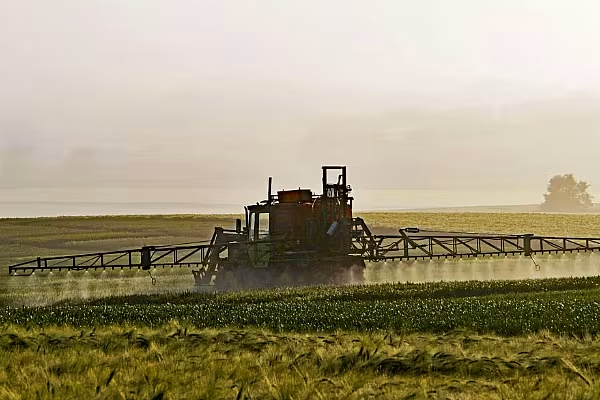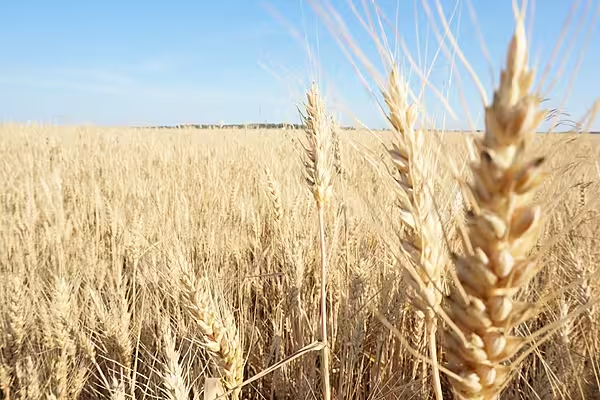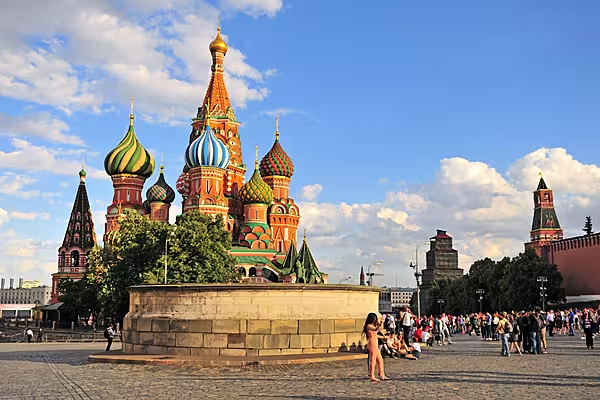The European Commission has encouraged EU members to prioritise chemical fertiliser production, while also shifting to organic alternatives to reduce reliance on imports, notably from Russia.
The European Union's executive told EU lawmakers and the 27 EU countries in a document that fertilisers are key to food security and the invasion of Ukraine by Russia, which accounted for about 15% of global fertiliser exports in 2020, had exposed clear weakness.
Prices for nitrogen fertilisers rose by 149% in the year to September 2022, raising concerns that lower fertiliser use could result in reduced crop yields next year.
The Commission suggested EU members prioritise natural gas supply to fertiliser producers in emergency plans and take advantage of easier rules on state aid until the end of 2023.
EU Agriculture Commissioner Janusz Wojciechowski told a news conference that of €450 billion ($450.95 billion) of EU crisis state aid approved, less than 1% covered agriculture, including fertilisers.
Fertiliser producers can receive up to €150 million in aid and farms can get €250,000 to help with higher costs.
The EU already aims to cut fertiliser use by at least 20% by 2030.
Organic Fertilisers
The Commission said it would seek to improve access to organic fertilisers, such as manure, sewage sludge and biowaste.
Wojciechowski said the Commission would support conversion of the nitrogen fertiliser industry, which relies on natural gas, to produce ammonia with "green" hydrogen.
It would also support import diversification to reduce dependence on Russia, whose natural gas last year covered close to 40% of EU consumption. More than half of EU imports of potash in 2020 were also from Russia and its ally Belarus.
Farming federation Copa-Cogeca said the Commission gave relevant answers for the longer term, but did not address the short-term challenges of affordability, while Green EU lawmakers said subsidising fertiliser production would not solve the crisis.
News by Reuters, edited by ESM – your source for the latest supply chain news. Click subscribe to sign up to ESM: European Supermarket Magazine.











